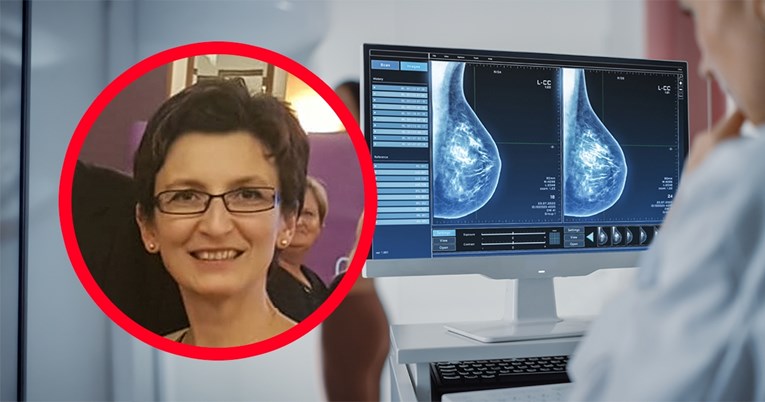 Croatian virologist Beata Halassy from the University of Zagreb has drawn the attention of the global scientific community after successfully treating her own breast cancer with an experimental method. Halassy used oncolytic virotherapy (OVT), an innovative treatment that deploys viruses to target tumor cells, utilizing laboratory-prepared agents of her own making. Her case has been published in the prestigious journal Virology, raising both scientific excitement and ethical concerns.
Croatian virologist Beata Halassy from the University of Zagreb has drawn the attention of the global scientific community after successfully treating her own breast cancer with an experimental method. Halassy used oncolytic virotherapy (OVT), an innovative treatment that deploys viruses to target tumor cells, utilizing laboratory-prepared agents of her own making. Her case has been published in the prestigious journal Virology, raising both scientific excitement and ethical concerns.
An Innovative Treatment Approach:
In 2020, Halassy was diagnosed with stage 3 breast cancer, her third recurrence after undergoing previous mastectomies and chemotherapy. Refusing to endure another round of conventional treatment, she opted for something radical. As an experienced virologist, Halassy devised her own therapy using two viruses: the Edmonston-Zagreb measles virus and the vesicular stomatitis virus (VSV).
Over a two-month period, Halassy injected these viruses directly into the tumor. The results were remarkable – the tumor significantly shrank, softened, and detached from surrounding tissues, enabling successful surgical removal. As of today, 45 months later, the cancer has not returned.
The Medical and Ethical Dimensions:
Halassy emphasized that her experiment was meticulously planned and informed. The selected viruses are known for their safety: the Edmonston-Zagreb measles strain has been used in pediatric vaccines for decades, while VSV is minimally pathogenic in humans.
Despite the success, her case has sparked debate over the ethics of self-treatment and self-experimentation. Experts warn that such stories might encourage other patients to abandon conventional therapies, which could pose significant risks. Halassy, however, believes it is highly unlikely for anyone without her specialized knowledge and resources to replicate such a treatment.
Scientific Significance:
Halassy managed to publish her findings despite a series of rejections from journals due to ethical concerns. Her study highlights the potential of oncolytic virotherapy for treating early-stage breast cancer, a promising avenue that could inspire future clinical trials.
Today, Halassy is channeling her experience into research on oncolytic virotherapy for treating cancers in domestic animals, driven by the positive outcome of her own case.
Expert Statements:
- Dr. Marko Petrović, oncologist at Zagreb Hospital:
“Halassy has opened a fascinating chapter in oncology. While self-treatment is not advisable, her results are a strong motivator for accelerating clinical trials of oncolytic virotherapy. If such outcomes are confirmed under controlled conditions, this could revolutionize cancer treatment.” - Ana Vuković, bioethicist at the University of Split:
“Experimenting on oneself involves risks and ethical dilemmas. However, many groundbreaking scientific advances began with brave steps like this. The scientific community must carefully evaluate her findings to develop safe therapies.” - Dr. Ivan Horvat, virologist from Ljubljana:
“The use of viruses in medicine is not a new idea, but Halassy’s case demonstrates the untapped potential of this technology. Combining the measles and VSV viruses is intriguing, as they attack tumors on multiple fronts – destroying cancer cells and activating the immune system.”
Beata Halassy’s story is both inspiring and controversial. It showcases how science can push boundaries and deliver new solutions, yet it also highlights the importance of adhering to ethical standards. Despite the debates, Halassy’s success has opened new doors in cancer research and prompted the scientific community to explore the future of oncolytic virotherapy with renewed vigor.